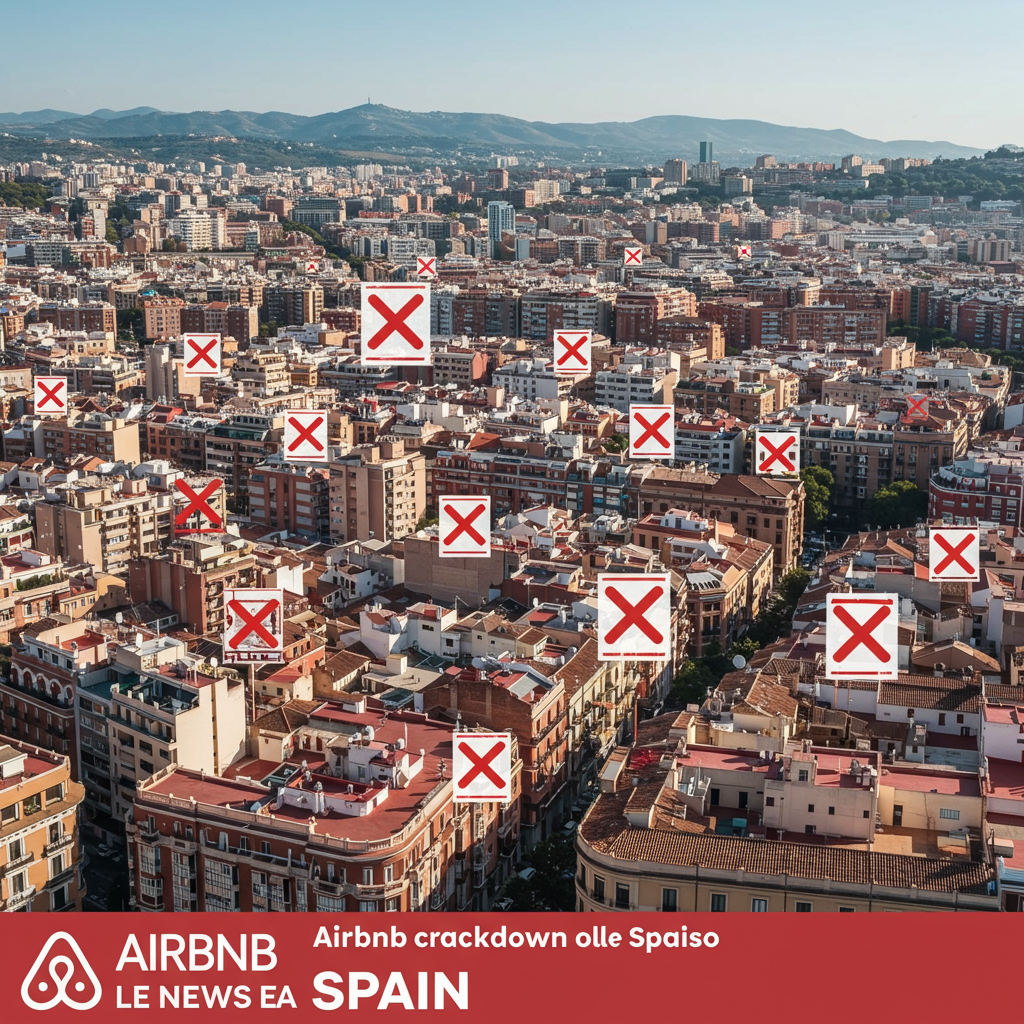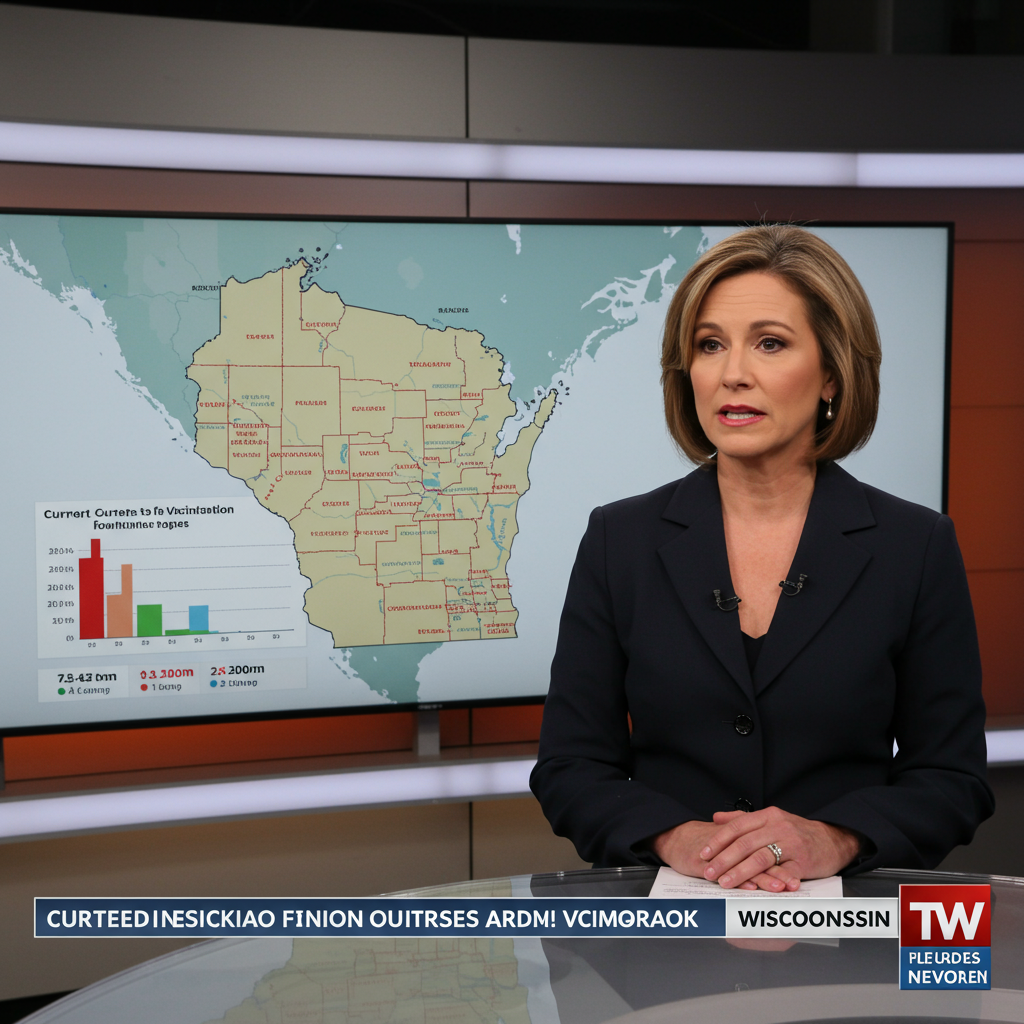Spain is intensifying its efforts to regulate the booming short-term rental market, demanding Airbnb remove nearly 66,000 property listings across the country. This sweeping action is driven by claims that these properties violate established regulations for tourist accommodation and comes amidst a growing wave of protests against over-tourism and its impact on local life and housing affordability.
The Ministry for Social Rights, Consumer Affairs, and the 2030 Agenda, led by Minister Pablo Bustinduy, initiated the demand, stating the properties “violated various norms regarding housing for tourist use.” Investigations revealed listings either lacked the mandatory licence number, provided an incorrect one, or failed to clearly specify the legal status of the owner – differentiating between professional landlords and private individuals.
This significant move follows a recent Madrid court ruling that already compelled Airbnb to immediately withdraw 4,984 properties from its platform, specifically those cited initially by the ministry. These initial properties are located in six popular tourist regions: Madrid, Andalusia, Catalonia, Valencia, the Basque Country, and the Balearic Islands. The ministry is actively pursuing further judicial decisions for the remaining approximately 60,000 listings it considers unlawful.
Minister Bustinduy hailed the initial court decision as a crucial victory for housing rights, asserting that “no economic interest” or company, regardless of its size or power, should take precedence over the right to housing or operate outside the law.
The Housing Crisis Fuels Discontent
The government’s clampdown is set against the backdrop of Spain’s severe and escalating housing crisis. Rising rental costs have become the biggest concern for many Spaniards in recent months. Average rents have reportedly doubled over the past decade, while salaries have failed to keep pace.
Tourist apartments, particularly those listed on short-term rental platforms, are widely perceived as a major contributor to this crisis. Critics argue they reduce the availability of long-term accommodation for local residents, driving up housing costs in popular areas.
Spain’s position as the world’s second most popular tourist destination amplifies these concerns. The country hosted 94 million foreign visitors in 2024, a 13% increase from the previous year, with annual numbers fast approaching 100 million. Prime Minister Pedro Sánchez has publicly acknowledged the issue, previously stating, “there are too many Airbnbs and not enough homes,” and pledging to prevent the “uncontrolled” expansion of properties used for tourism purposes.
Varied Approaches at Local Level
While the central government pushes for broad regulation, local authorities are adopting different strategies:
Barcelona’s Ban: Barcelona City Hall has announced plans to eliminate all 10,000 of its short-term tourist apartments by the end of 2028 in a drastic measure to prioritize residential housing.
Agreements Elsewhere: Other regions, including the Canary Islands, Ibiza, and Murcia, have chosen a different path, reaching agreements directly with Airbnb aimed at ensuring host compliance with existing tourist rental rules rather than outright bans.
Airbnb’s Defense and Counterarguments
Airbnb has signaled its intent to appeal the decisions linked to this case. The company maintains that no evidence of rule-breaking by individual hosts has been provided to them regarding the listed properties.
Airbnb points to a 2022 Spanish Supreme Court ruling which characterized the platform as a “neutral intermediary,” asserting that responsibility for listing information lies with the individual host, not Airbnb itself, which the court distinguished from a real estate provider.
Furthermore, Airbnb frames Spain’s housing challenges differently. A company spokesperson stated, “The root cause of the affordable housing crisis in Spain is a lack of supply to meet demand.” They argue that regulating platforms like Airbnb does not alleviate housing concerns or return homes to the market but instead harms local families who rely on hosting income to afford their own rising costs.
Protests Return as Summer Season Approaches
The government’s actions coincide with a resurgence of public protests against the negative impacts of over-tourism, mirroring demonstrations seen the previous summer. The displacement of residents and the strain on housing are key grievances.
On a recent Sunday, thousands took to the streets across the Canary Islands under the slogan “Canaries have a limit,” demanding action against unsustainable tourism levels. In Majorca, a group named Menys Turisme, Més Vida (Less tourism, More life) is organizing similar protests, with one scheduled for June 15th. As peak tourist season approaches and visitor numbers remain high, further unrest across Spain’s popular destinations is anticipated.
References
- https://www.bbc.com/news/articles/c3wdd8lg581o
- https://www.bbc.co.uk/news/articles/c3wdd8lg581o



